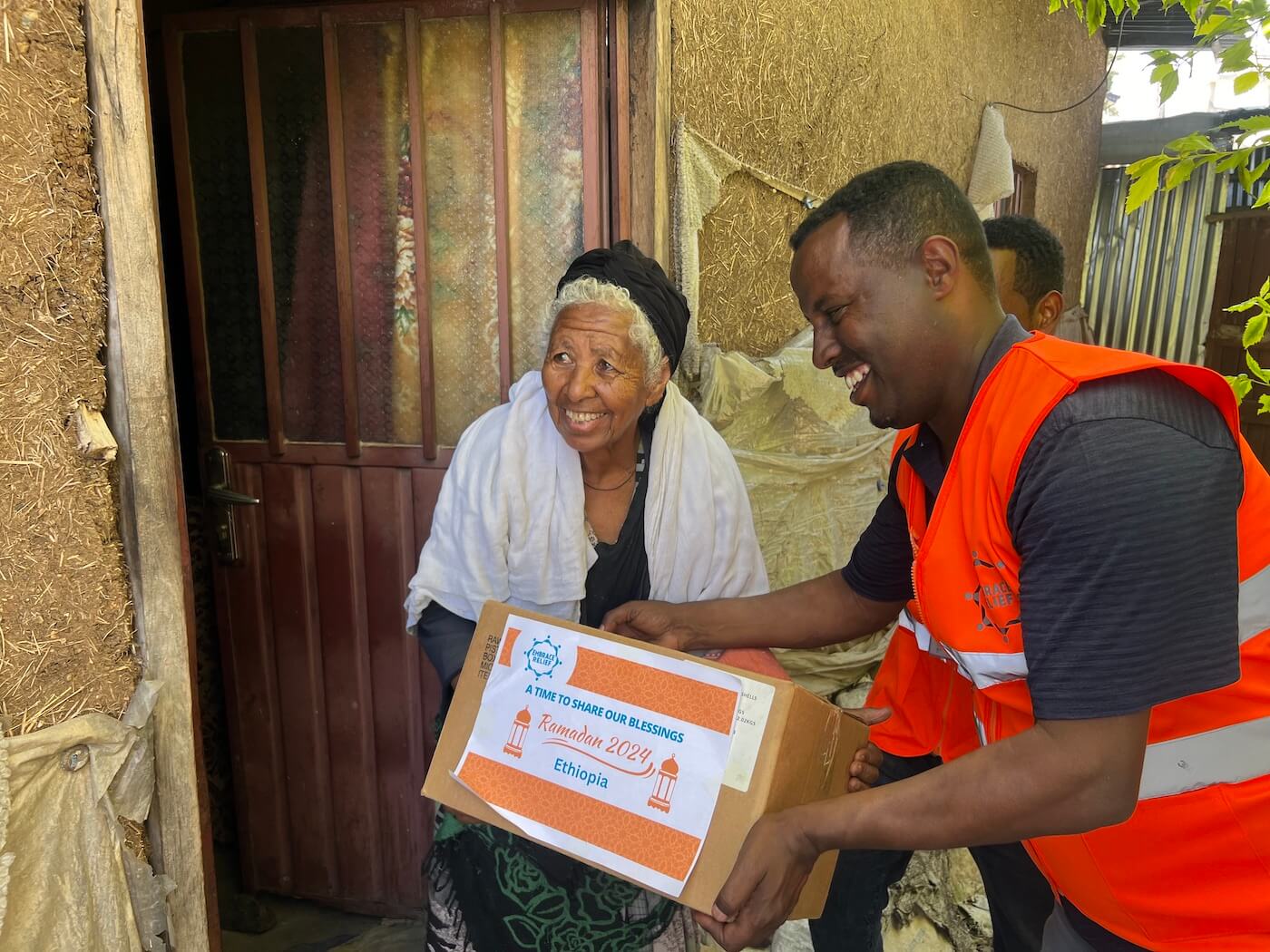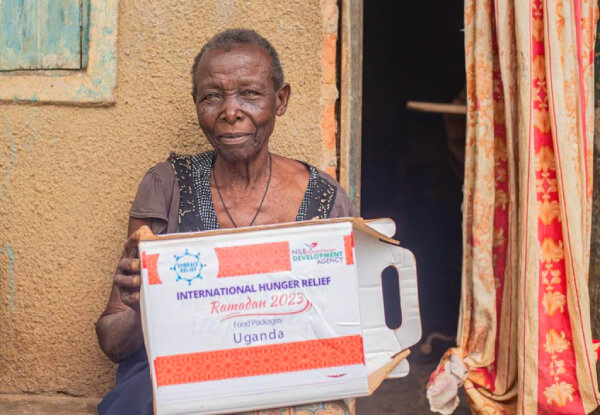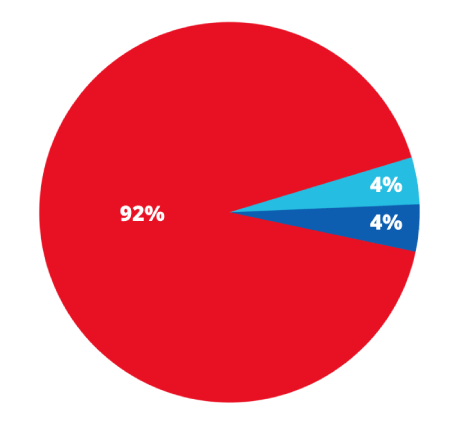Introduction
As we welcome the holy month of Ramadan, it is a time for reflection, devotion, and renewal of faith. It’s also an opportune moment to consider the impact of our daily practices on the environment. Embrace Relief invites you to explore sustainable practices for Iftar, aligning with the principles of stewardship in Islam and contributing to a healthier planet. This guide provides eco-friendly tips for preparing your Iftar meals, emphasizing the importance of mindful consumption and how these efforts support our broader mission to help those in need.
Minimizing Food Waste
One of the core values of Ramadan is moderation. In preparing for Iftar, plan your meals to ensure that food is cherished and not wasted. Consider these tips:
- Meal Planning: Estimate portions accurately to avoid excess. Use leftovers creatively in subsequent meals.
- Sharing is Caring: Share surplus food with neighbors or donate to local food banks. Embrace Relief’s Food Sharing Initiative encourages community sharing during Ramadan.
Locally Sourced Ingredients
Using locally sourced ingredients not only reduces your carbon footprint but also supports local farmers and economies. Here’s how you can make more sustainable choices:
- Farmers’ Markets: Purchase fresh produce from local farmers’ markets. This reduces transportation emissions associated with imported foods.
- Seasonal Eating: Choose fruits and vegetables that are in season. They’re fresher, tastier, and more environmentally friendly.

Eco-Friendly Tableware
Moving away from single-use plastics to eco-friendly tableware can significantly reduce waste:
- Reusable Dishes: Opt for dishes and utensils that can be washed and reused. Invest in quality tableware that lasts longer.
- Compostable Options: If disposable items are necessary, choose compostable or biodegradable alternatives made from bamboo, wood, or paper.
Mindful Consumption
Ramadan teaches us to be mindful of our consumption. This mindfulness can extend to how we approach our meals:
- Water Conservation: Be conscious of water usage, especially when washing dishes or preparing food. Collecting rainwater for plants is an eco-friendly practice.
- Energy Efficiency: Use energy-efficient cooking methods and appliances. Slow cookers and pressure cookers can reduce energy consumption.
Supporting Sustainable Initiatives
Embrace Relief is committed to supporting sustainable development projects that provide clean water, food, and healthcare to those in need. By choosing sustainable practices this Ramadan, you’re not only benefiting the environment but also aligning with broader humanitarian goals.
- Donate to Sustainable Projects: Your donations can support Embrace Relief’s efforts in delivering sustainable aid. Visit our International Hunger Relief: Ramadan donation page to contribute.
Conclusion:
Sustainable Iftar practices offer a pathway to a more mindful and environmentally conscious Ramadan. By minimizing food waste, choosing locally sourced ingredients, and opting for eco-friendly tableware, we can lessen our ecological footprint while observing this holy month. Embrace Relief champions these sustainable practices not only as a means to preserve our planet but also to uphold the principles of stewardship in Islam. This Ramadan, let’s commit to making eco-friendly choices that help us, our community, and the environment. Your support can extend beyond the dinner table to those waiting for food and donations this Ramadan. Together, we can make a difference.























